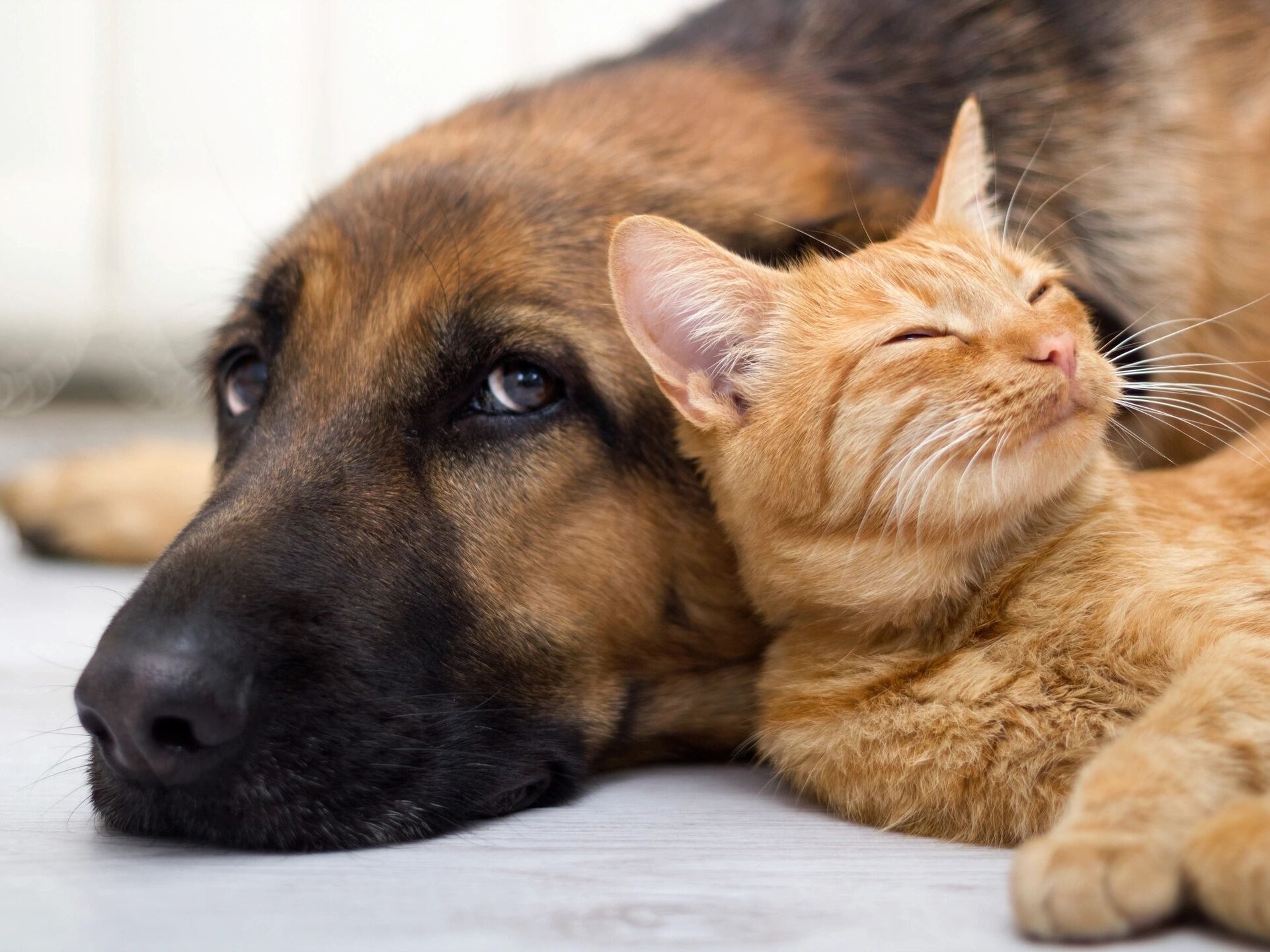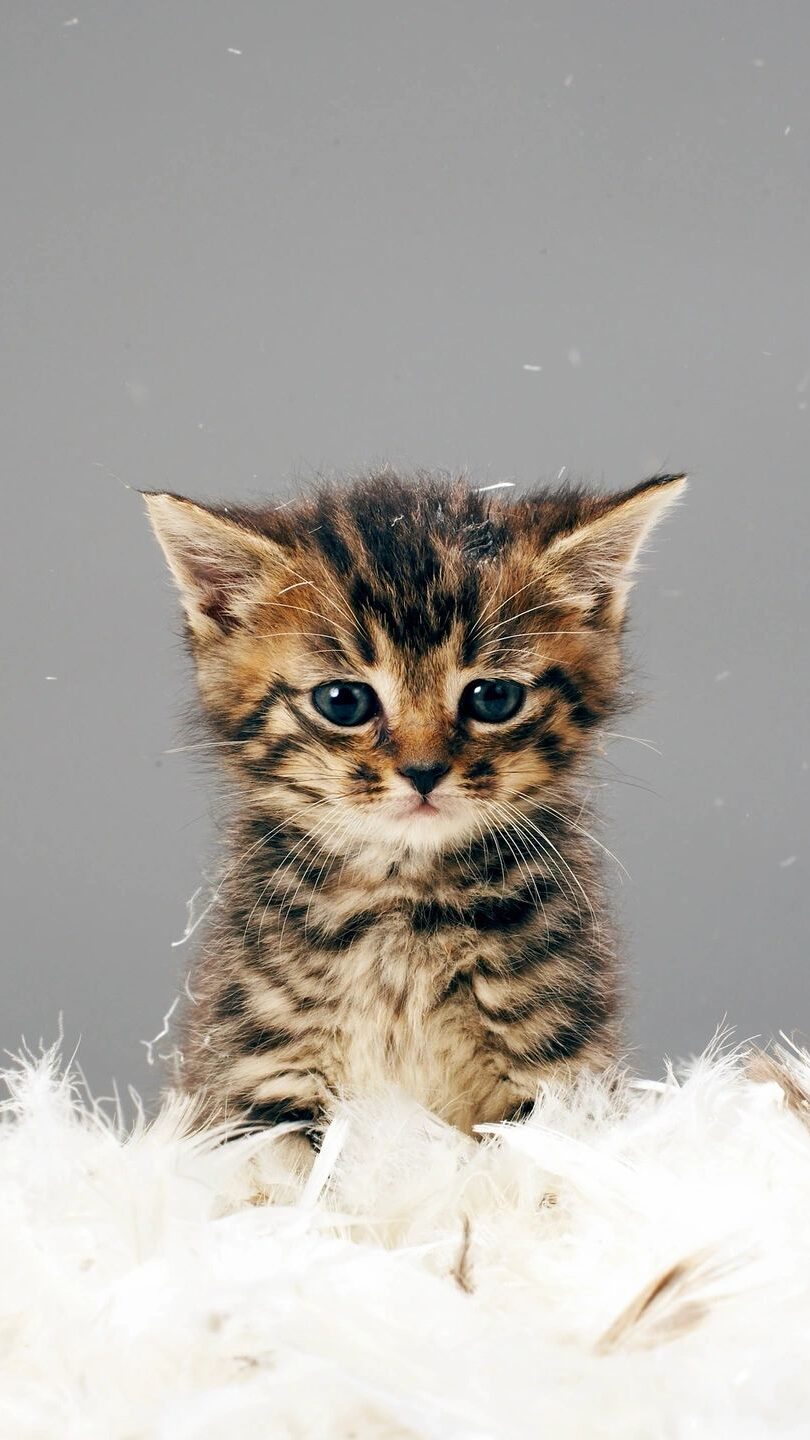Veterinary Dentist Referral Process
Initial referral
The veterinary dentist referral process is simple. If your vets recognise a dental issue that either they are not comfortable addressing, or requires more advanced treatment, they may recommend your pet seeing a veterinary dentist. Frost Referrals will collaborate with your vet to determine the best treatment, which may include further investigation or surgery.
Treatment at your local practice
Our mobile veterinary dentist will visit your local practice, to see your pet in an environment familiar to them, eliminating the need for travel. We bring all necessary equipment and start with a detailed consultation, working closely with your vet to ensure the best long-term outcome.
If your pet requires advanced equipment that is not available at your local vets, then we have a list of trusted partner practices with access to state-of-the-art dentistry facilities where we can see your pet.
Frost Referrals is a “referral only service”, which means that a referral is required from your local vet in every case.


FAQ’s
Why should my pet see a veterinary dentist?
Just like humans go to see both a doctor and a dentist, sometimes your pets would benefit from seeing a dedicated veterinary dentist for expert care, particularly if they are showing signs of oral pain or discomfort. High level care is important if your general practice vet recommends advanced therapy that they cannot provide. It’s common practice for vets to refer their patients, so rest assured, asking for a referral won’t upset your vet!
How do I know if my pet’s mouth is painful?
Animals are very good at masking pain. Typically we may notice them eating less than usual, or choosing not to chew hard foods. Sometimes we may notice them dribbling more, or even some blood in the saliva. Sometimes we only notice a smell in the mouth, or subtle changes in behaviour.
If you think your pet is in pain, you should book an appointment with your local vet.
Will my pet’s insurance cover dental referral?
Some insurance policies will cover all dental issues, and some will only cover trauma or a specified disease. We would strongly recommend contacting your insurance company to see what is covered and to see if there are any exclusions.
Are dental x-rays really necessary?
Teeth are like icebergs, the majority of the tooth sits under the gum and without taking good quality dental radiographs, it is impossible to truly know what problems are occurring and the health of the roots and the jaw bone. Not taking dental x-rays will mean you can miss up to 60% of problems in cats and up to 40% of problems in dogs!
Is my pet too old for an anaesthetic?
Sadly dental issues are very common in older animals, and all anaesthetic has a risk. We do everything we can to minimise this, but no procedure is risk free. If we have specific concerns with your pet, additional tests before the anaesthetic may be required.

